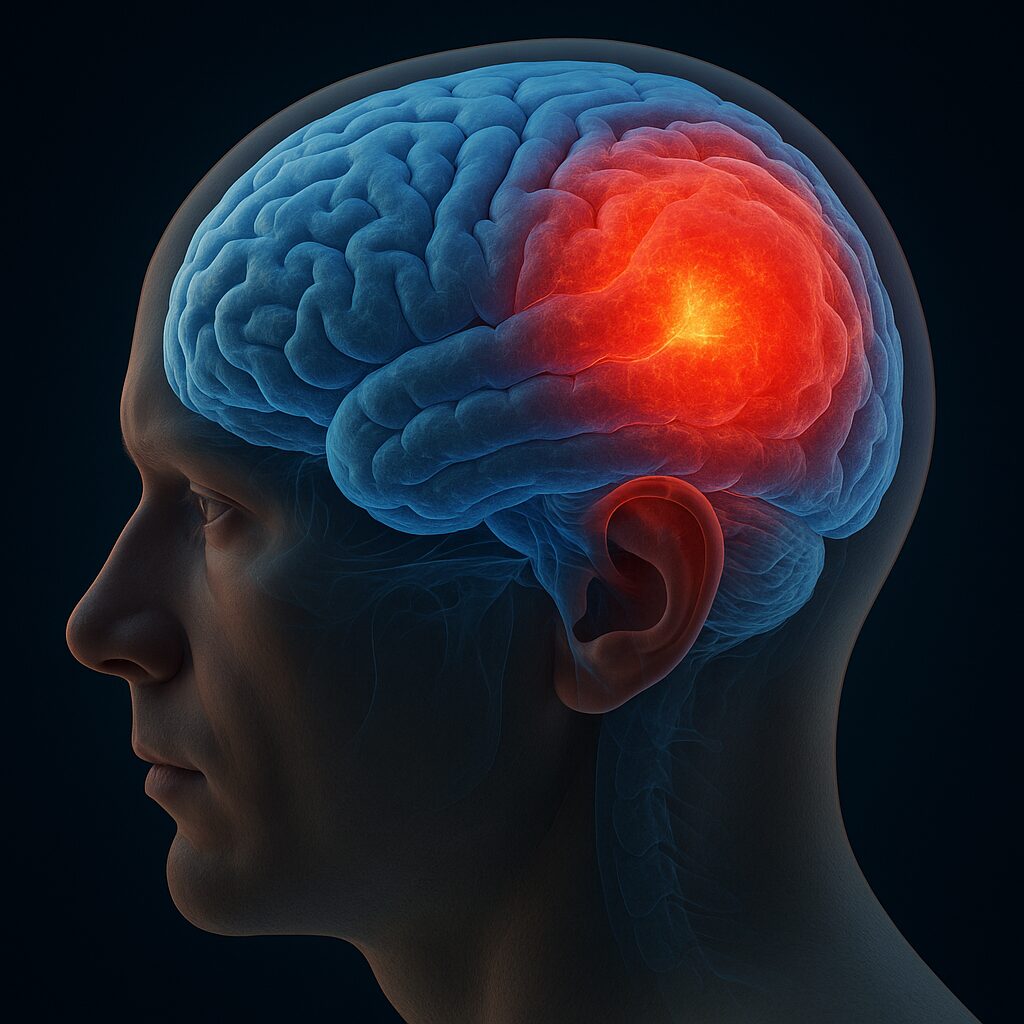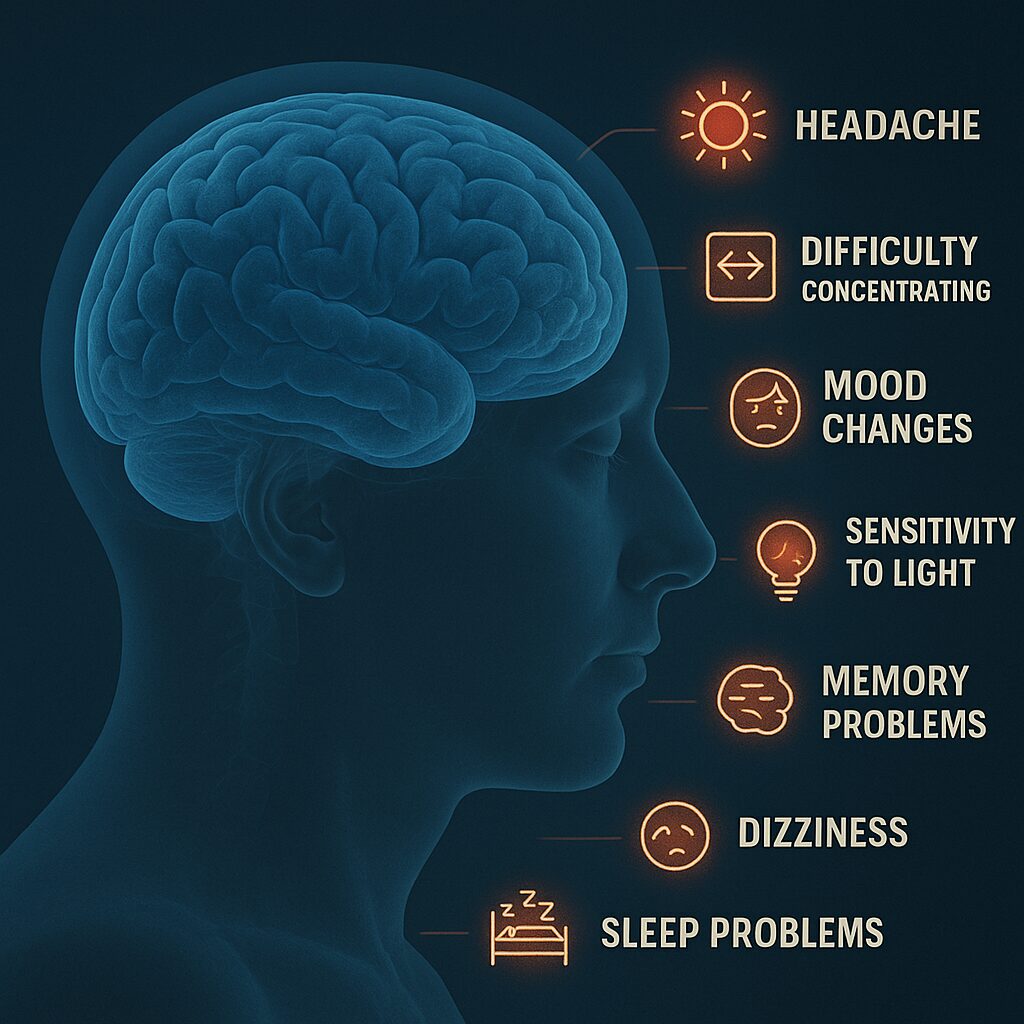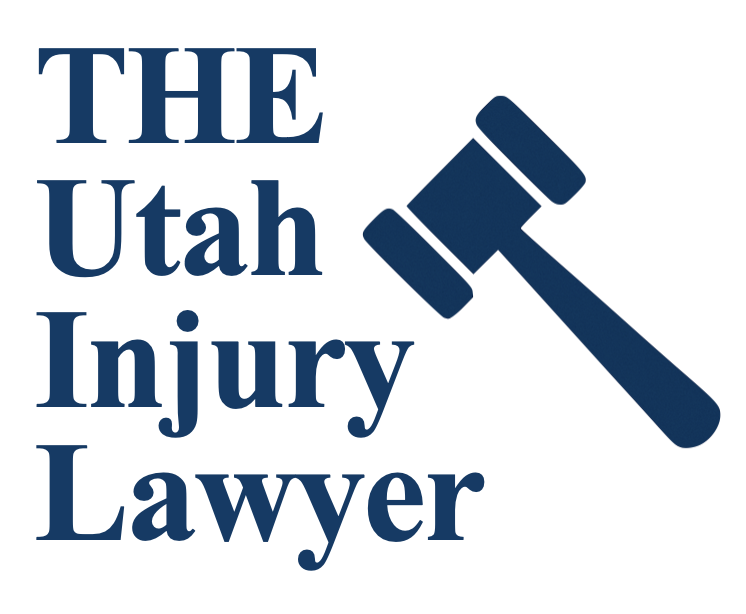Brain Injury Cases in Utah: What You Need to Know
How Brain Injuries Happen
A brain injury can result from many kinds of negligent acts. Common causes of brain injuries in Utah include:
- Semi-truck accidents
- Car accidents
- Motorcycle accidents
- Pedestrian and bicycle accidents
- Falls on unsafe or poorly maintained property
- Defective products, including cars, exercise equipment, and, home products
Brain injuries are among the most serious and life-changing injuries a person can suffer. Across the Wasatch Front — from Ogden to Salt Lake City to Provo — victims of brain injuries and their families often face an uphill battle to recover, both medically and financially. If someone else’s negligence caused the injury, you may be entitled to significant compensation.
Severity of Brain Injuries
Brain injuries can range from concussions to catastrophic traumatic brain injuries (TBIs) that cause permanent disabilities. No matter the severity, a brain injury can change your life.

Facts About TBI (Traumatic Brain Injury)
- A TBI affects how the brain works.
- TBI is a major cause of death and disability.
- TBIs may be missed in older adults.
- A TBI may lead to short- or long-term health problems.
- A TBI during childhood may affect brain development.
What Is a ‘Mild’ Traumatic Brain Injury?
An mTBI often happens when your head is struck, jolted, or shaken — such as in a car crash, fall, or sports injury — even if you never lose consciousness or if scans (like a CT or MRI) look “normal.” These injuries are microscopic and affect how your brain works, not just how it looks on an image.
An mTBI or Post-Concussion Syndrome can occur even if your head doesn’t strike something. If there is a significant change in velocity, brain tissue can experience a shearing force, causing harm and damage at the cellular level.
Subtle Signs of mTBI and Post-Concussion Syndrome
One of the biggest challenges in these cases is that symptoms can be invisible and delayed. Family members and coworkers may notice changes before the injured person does. Some of the most common signs and symptoms include:
- Headaches that don’t go away or get worse over time
- Dizziness or balance problems
- Difficulty concentrating or paying attention
- Memory problems or forgetfulness
- Slower thinking, feeling “foggy,” or confusion
- Sensitivity to light and sound
- Irritability, mood swings, anxiety, or depression
- Sleep problems, including insomnia or sleeping too much
- Fatigue that feels overwhelming, even with rest

Why mTBI Cases Require Extra Care
Although most people fully recover, there a few who do not and their symptoms persist, even to the point of becoming a permanent problem. Because these injuries are harder to see, insurance companies often argue they’re exaggerated or unrelated to the accident. That’s why it’s so important to work with a lawyer who understands brain injuries, knows how to document them properly, and can bring in the right medical and psychological experts to explain your condition.
At THE Utah Injury Lawyer, we take these cases seriously. We’ve seen how mTBIs affect real people and their families — and we know how to build a strong case so you can get the care and compensation you need.
Identify Traumatic Brain Injury Before It Escalates
A traumatic brain injury (TBI) is a form of brain damage that can happen when a person’s head is hit or jolted, or if there is a penetrating injury to the head. The most common ways TBIs occur are from:

- Car accidents
- Falls
- Sports injuries
- Workplace accidents
- Assault
Health professionals categorize TBIs as mild, medium, or severe. Depending on the severity, a TBI can have consequences that last a few days to an entire lifetime. A head injury should always be acknowledged and treated as soon as possible.
Spotting A Traumatic Brain Injury
Even though TBIs are a major cause of death or disability, they can be challenging to spot. There are often no external signs, such as a cut, bruise, or bump. And the more obvious symptoms could take days or even weeks to appear. For this reason, you should always be alert to these symptoms immediately following a head injury:
- Headaches
- Dilated pupils
- Loss of consciousness
- Dizziness
- Confusion
- Blurred vision
- Clear fluids are discharged from the ears or nose
- Nausea and vomiting
- Tinnitus (ringing ears)
- Sensitivity to light or sound
- Seizures
- Paralysis
Other symptoms may not become apparent until some time has passed. These include:
- Memory loss
- Difficulty concentrating
- Sleeping more or less than usual, or trouble falling asleep
- Mood swings
- Problems with coordination and balance
- Changes in vision, taste, or smell
- Depression or anxiety
- Changes in personality
- Fatigue
Recovering From a Traumatic Brain Injury
The very first thing you should do after a head injury, no matter how mild, is see a medical professional. The sooner you talk to a doctor, the sooner you can get on the road to recovery. Putting off a doctor visit can worsen your short- and long-term recovery and sometimes exacerbate the injury itself. If you’ve seen a doctor and your TBI is mild:
- Resting is good for the first few days after a mild TBI or concussion, as this is when symptoms are more severe. You may need to take a short time off from work or school, although usually no more than one to two days.
- Find relaxing, low-stress activities.
- Ask your health care provider for written instructions about when you can safely return to work, school, or other activities, such as driving a car.
- Recovery may be slower among older adults, young children, and people who have had a concussion or other TBI in the past.

